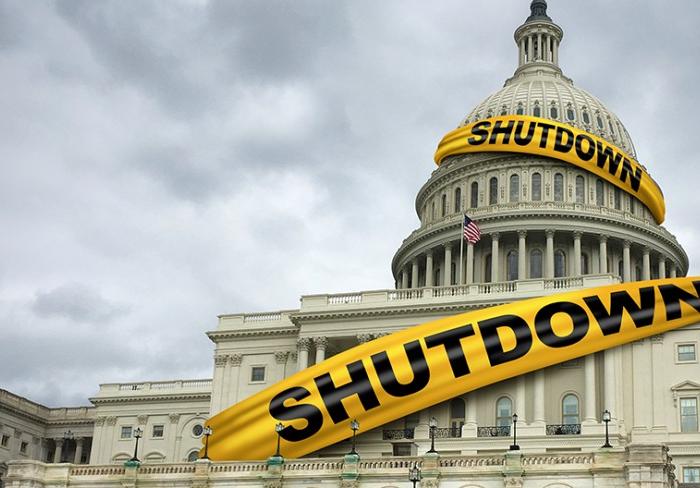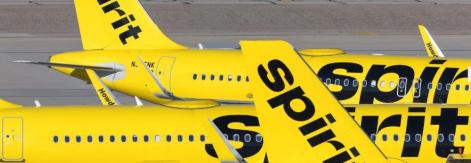The skyrocketing price of oil is posing a threat to the recovery of air transportation and to its plans to start reaping benefits all over again following a recent deep crisis, the Geneva-based International Air Transport Association (IATA) reported this week.
Under normal circumstances, fuel accounts for 16 percent of operational costs for airlines. Yet the 55 percent increase in oil prices from 2003 could make fuel expenditures shoot up from $8 billion to $12 billion overall.
Mexican airlines will add an $8 extra charge on all plane tickets in an effort to offset a 20 percent hike in fuel costs, the National Chamber of Air Transportation (CANAERO) informed.
"We´ll be bound to increase the price of plane tickets. It´s an overcharged fare on fuel that will vary from 50 to 100 pesos ($4.3 to $8.7) per ticket, depending on the kind of flight," CANAERO President Jorge Luis Moya explained.










